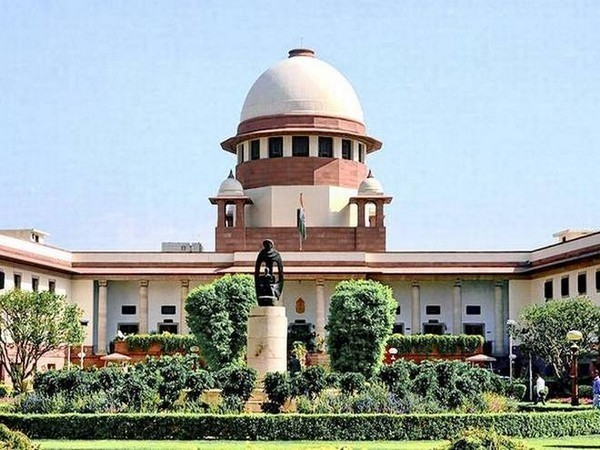The Supreme Court in the case Government of NCT of Delhi v. Union of India observed while upholding the power of the Central Government to appoint the Chief Secretary of the Government of the National Capital Territory of Delhi that the actions or inactions of the Chief Secretary must not put the elected government at a standstill.
The bench headed by Chief Justice of India DY Chandrachud pronounced the judgement on November 29, 2023 which was yesterday uploaded on the Supreme Court’s website.
In the present case, the court has made the certain pertinent observations in the judgment about the importance of Chief Secretary maintaining political neutrality, wherein the court stated that the Chief Secretary, though appointed by the Central Government, must follow the directions of the Delhi Government over the matters on which the Delhi Government has executive competence, which are the areas excluding public order, police, and land.
The court in the case observed that the civil servants are required to be politically neutral and must abide by the directions of the elected arm to give effect to the principle underlying the triple-chain of collective responsibility.
Thus, the post of a Chief Secretary is uniquely placed and the Chief Secretary performs functions which fall both within and outside the executive competence of the GNCTD.
Therefore, the Chief Secretary though appointed by the Central Government, must comply with the directions of the elected government over matters on which their executive competence extends and the actions or inactions of the Chief Secretary must not put the elected government at a standstill.
In the present case, the court was dealing with the writ plea moved by the Delhi Government against the Central Government appointing the Chief Secretary or extending the term of the incumbent Chief Secretary without the concurrence of the Delhi Government.
The Centre informed the court during the pendency of matter that it has decided to extend the term of incumbent Chief Secretary Naresh Kumar, who was due to superannuate with effect from November 30 by six months. The Supreme Court in the case observed and has upheld the power of the Centre to appoint the Chief Secretary of the Delhi Government. Therefore, the Centre also has the power to extend the term of the superannuating Chief Secretary.
The court while considering the facts and circumstances of the case observed and has clarified that its observations subject to the outcome of the reference pending before the Constitution Bench regarding the validity of the GNCTD, the Amendment Act 2023, which diluted the powers of the Delhi Government over services.
















